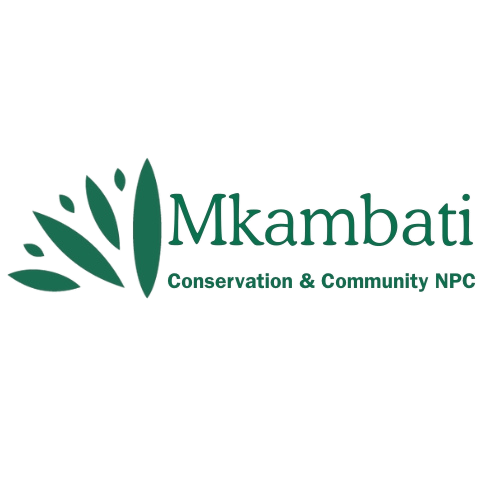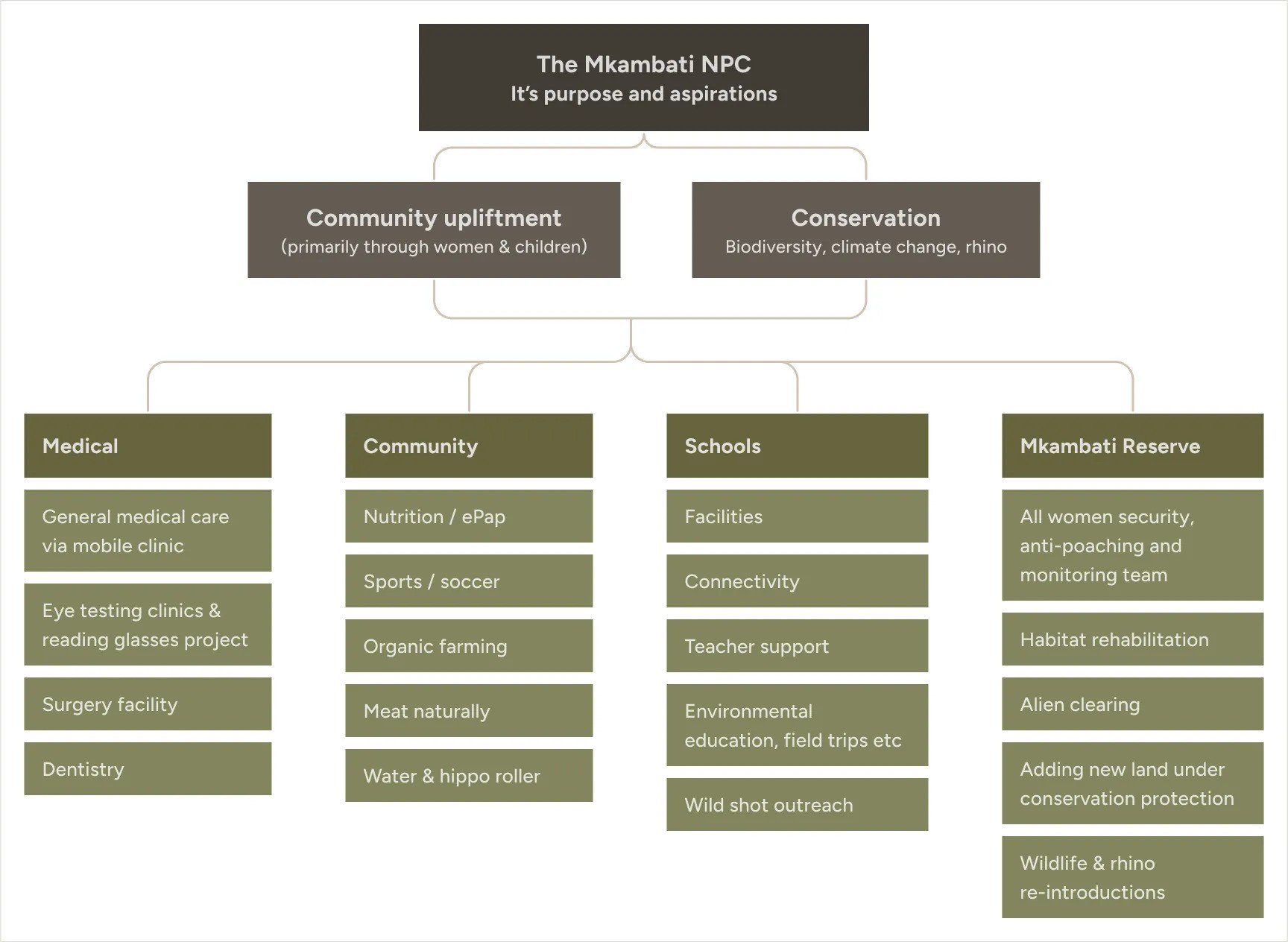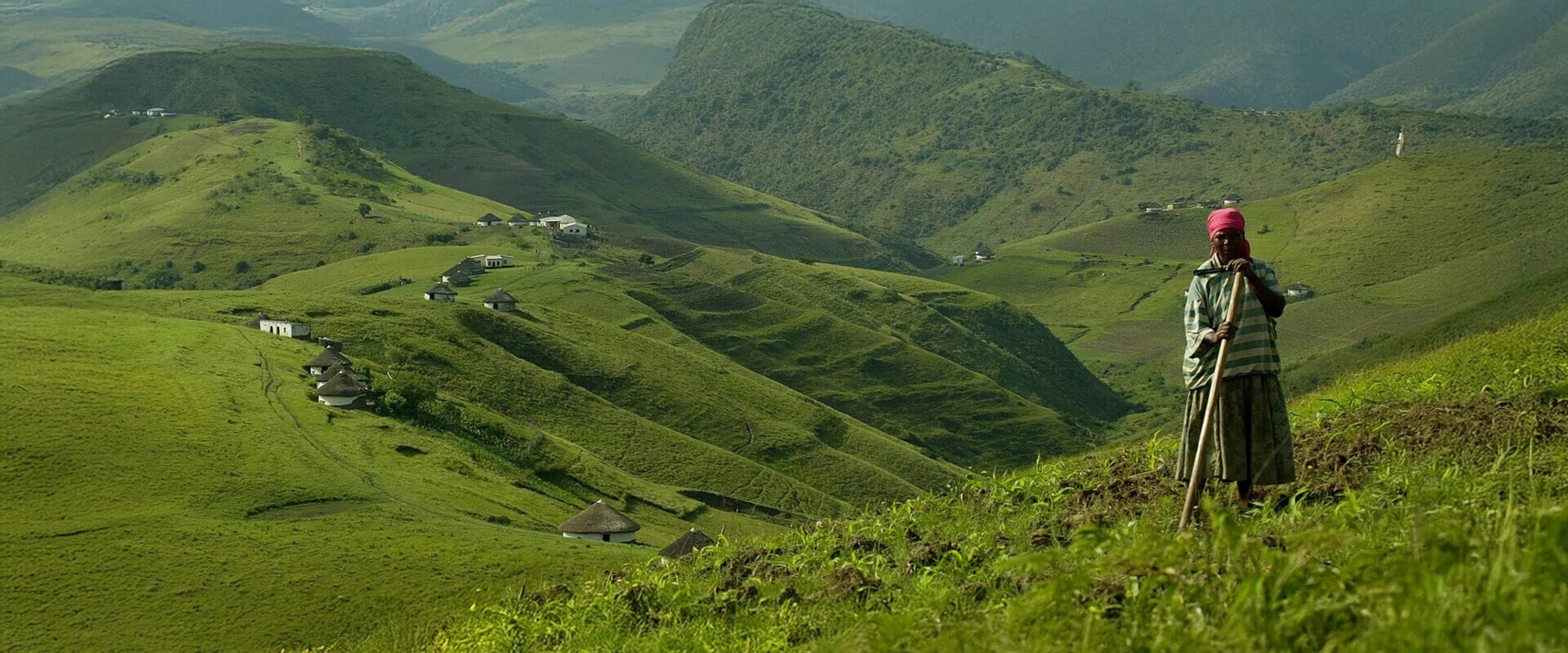The History of Mkambati and the Mkambati Land Trust
A Land Reclaimed - Mkambati Modern History
A little over 100 years ago, the government at the time forcefully evicted the community who were living on the land that makes up the Mkambati Nature Reserve and resettled them over 20km inland from the reserve to make way for a new hospital. In 1997, Mkambati became a provincial nature reserve and wildlife was reintroduced.
South Africa’s post-1994 land restitution legislation made provision for anyone whose ancestors were forcibly moved off their land after 1913 to allow them to claim back their land.
In 2004, after extensive negotiations, the ownership of Mkambati Reserve was transferred from the State to the Mkambati Land Trust. From that day onwards, Mkambati became a private nature reserve, owned and run for the benefit of the Trust and its 40,000 largely impoverished mPondo community who now live in seven wards inland of the reserve.
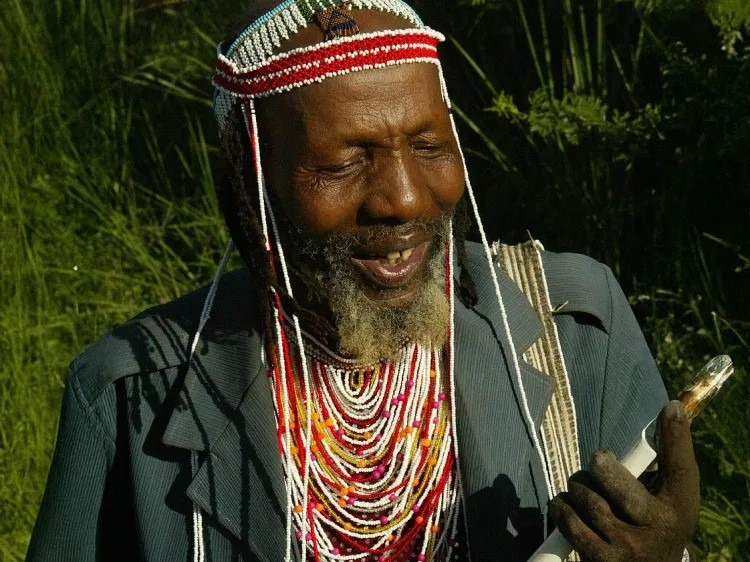
The Mkambati Reserve Transformation
These mPondo landowners made the decision to dedicate Mkambati Reserve to conservation and nature-based tourism in perpetuity with the Eastern Cape Parks and Tourism Authority, providing the management services. Up until now, the Mkambati Reserve has been operating largely as a self-drive and self-catering destination which created only a handful of employment opportunities, almost no income for the landowning community and limited revenue to pay for the cost of managing the reserve. Something had to change.
In 2013, the northern sector of Mkambati was tendered and leased out to Mkambati Matters along the lines of the successful concessioning agreements pioneered by SANParks in Kruger National Park and elsewhere.
The terms of the GweGwe Beach Lodge’s new lease dictate that the Trust, ECPTA and the NPO earn 10% of GweGwe’s gross revenues and the Trust‘s mPondo community benefit from the considerable jobs and subsidiary businesses created.
This marked the beginning of a new model for accommodation in Mkambati Nature Reserve — one that combines nature-based tourism with real community benefits.
- Revenue sharing and job creating - The terms of the GweGwe Beach Lodge’s new lease dictate that the Trust, ECPTA and the NPO earn 10% of GweGwe’s gross revenues and the Trust‘s mPondo community benefit from the considerable jobs and subsidiary businesses created.
- Conservation funding - To help fund the conservation of the reserve and help finance and manage the upliftment projects within the communities, the Mkambati Conservation and Community NPC has been formed and registered and will shortly have Section 18a status. The Conservation, Community and Reserve fees charged, as well as 1% GweGwe’s of turnover accrue to this not-for-profit entity, bolstered by much appreciated donations.
Real Impact for Mkambati’s Future
These Conservation, Community and Reserve fees get paid into the bank account of the Mkambati NPC, which has an independent board and mandate to spend all moneys collected solely on conservation and community upliftment projects in and around Mkambati. The NPC charges no administrative fees. Despite the NPC virtuous goals, several people and companies have balked at paying the traversing fees and tried to discredit what is a honourable project by putting out “fake news” about GweGwe. We have chosen not to react and rather show commitment by doing what’s right. These efforts include building a sustainable tourism economy, with accommodation in Mkambati Nature Reserve as a key component of long-term community benefit.
Other potential benefits that Mkambati Matters intends to develop via the NPC (or has already implemented) include free eye testing clinics, a fully equipped and staffed mobile clinic, a surgery and dentistry facility within the Holy Cross Hospital and an all-womens monitoring and security team inspired by the successes of the Black Mambas that operate around Kruger National Park protecting rhinos
The People of Mkambati
Land, Legacy, and Mkambati Communities
This map shows the Mkambati Reserve along the coast. The shaded colours demarcate where the communities live whose ancestors were forcefully evicted off what is now Mkambati Reserve and the Tracor lands. The communities who live in the grey shaded area now own the Mkambati Land Trust which in turn owns the Mkambati Reserve and the Tracor lands.
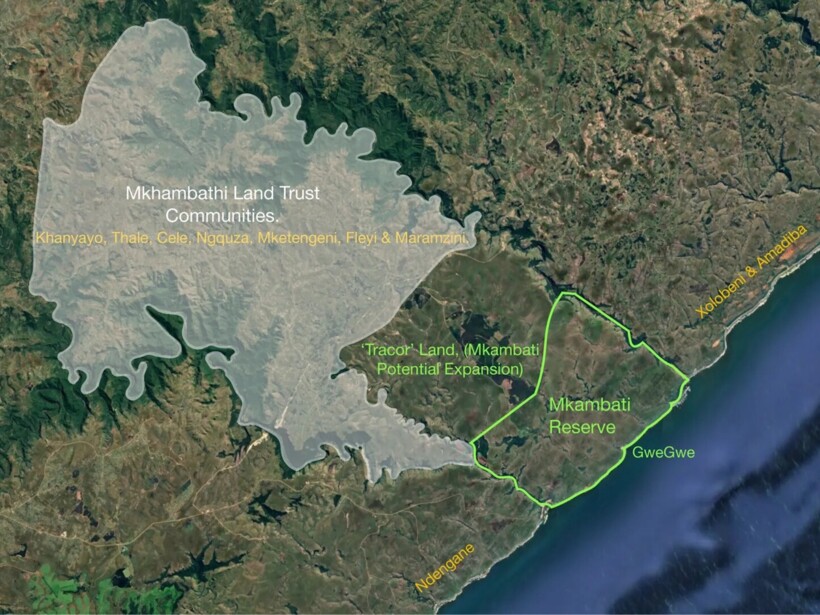
Mkambati Accommodation
Experience Mkambati Stay Differently
GweGwe Beach Lodge introduces a new standard of accommodation in Mkambati Nature Reserve — developed in partnership with the land-owning community and focused on sustainability, comfort and long-term benefit. Moving beyond the self-catering model, GweGwe offers a hosted experience that supports both conservation and livelihoods. Every stay helps fund jobs, clinics and environmental projects along this extraordinary stretch of the Wild Coast.
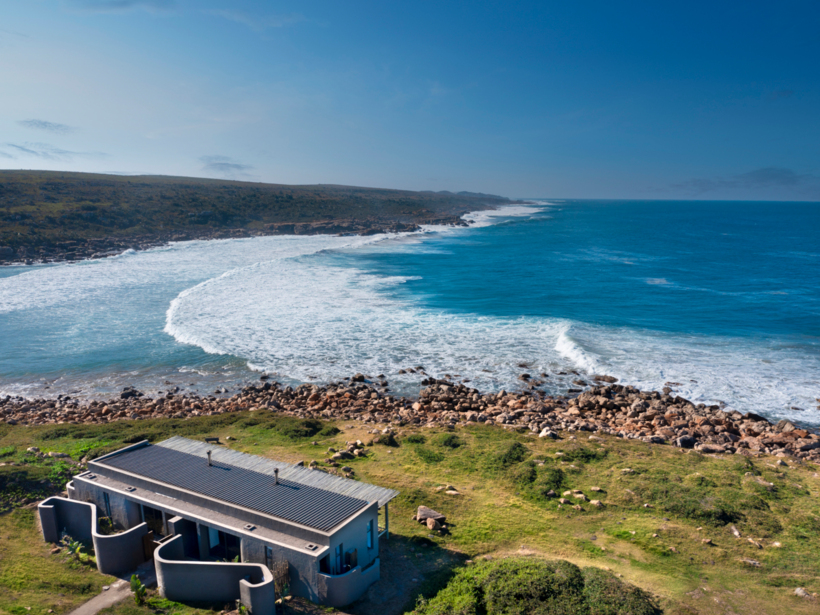
Mkambati Conservation & Community NPC
Preserving Pondoland
Through our non-profit organisation, we work hand-in-hand with local families to improve access to food, education, and healthcare.
